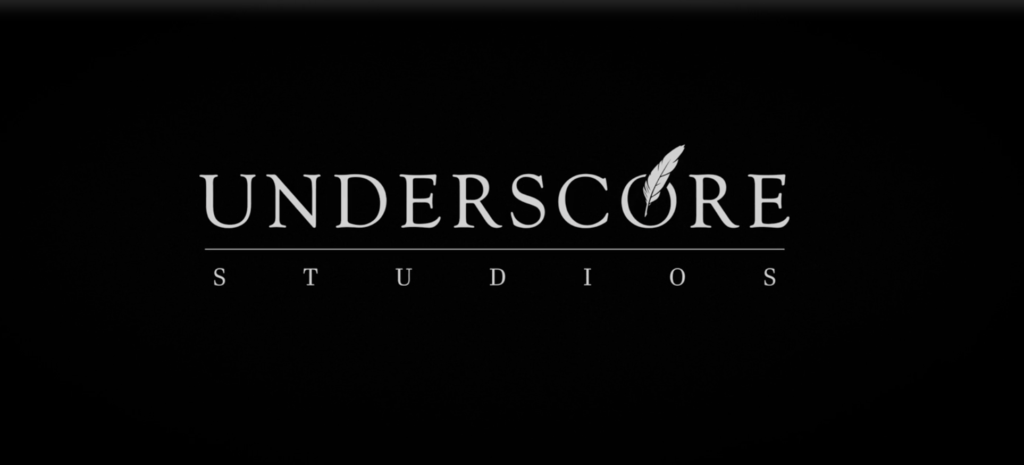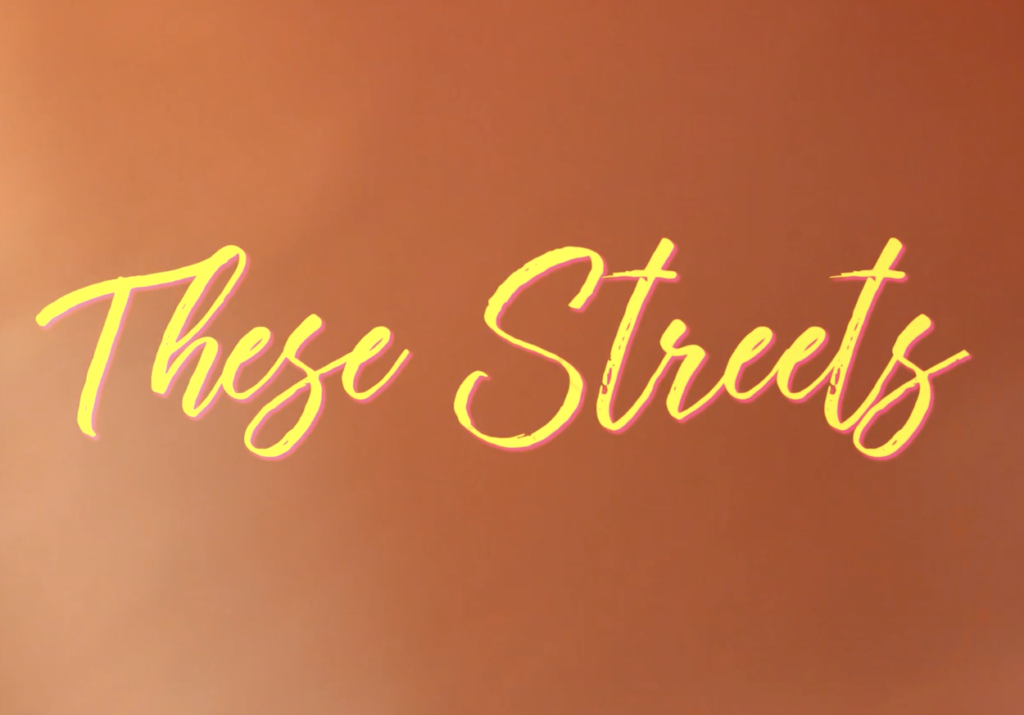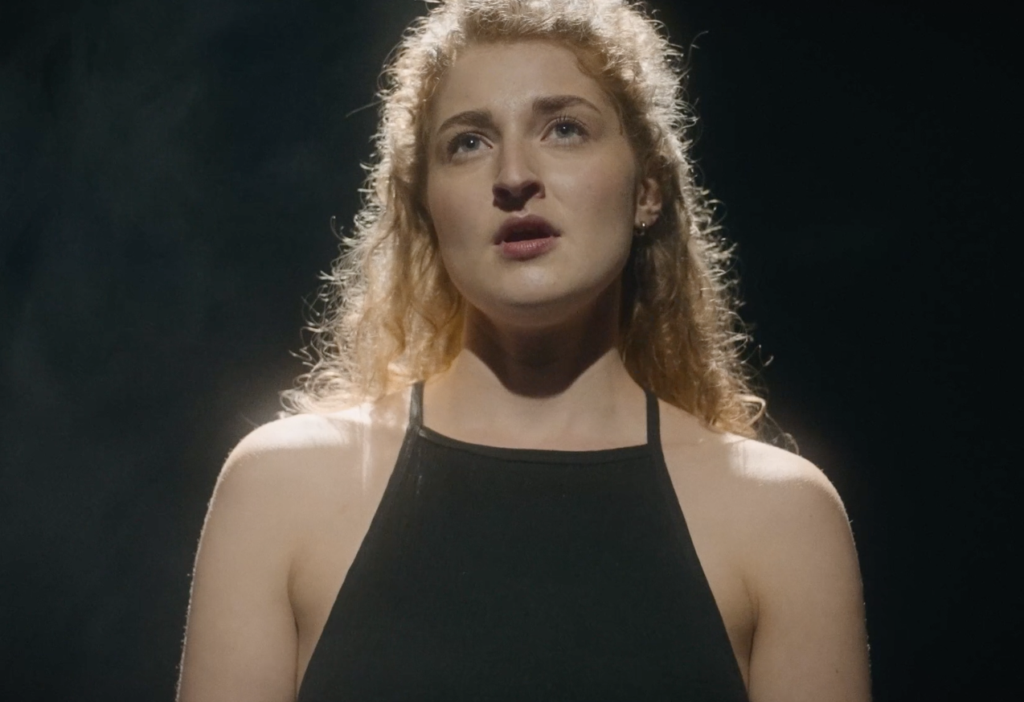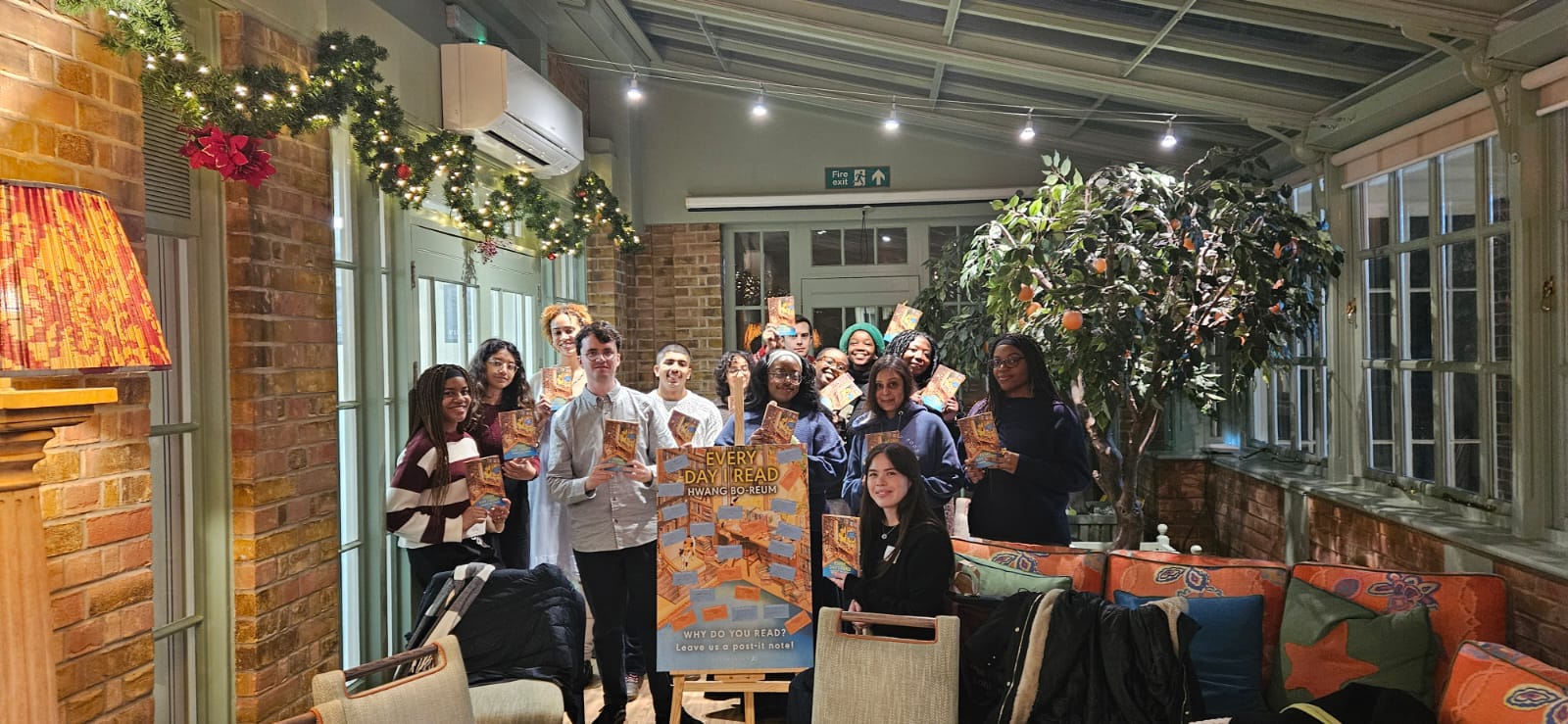
Jordan John founded Underscore Studios, a London and South West based social enterprise working between film, events and education and committed to increasing accessibility in the arts. Recently awarded the Creative Access Career Development bursary towards his own short film, These Streets, John shares his experiences as a working-class founder and writer, and top tips for like-minded creatives.
Becoming familiar with contacts like Creative Access can open doors to support and will prove to be beneficial in the long term. It’s essential to expose your work to the resources available, as it shows that there is an undeniable demand for similar platforms to exist.
The dream. Every creative defines it differently. For some, it’s becoming a storyteller, for others, it’s bringing ideas to reality.
The creative industries are often portrayed as accessible; a platform where anyone can be recognised and appreciated. However, for many, those dreams of creative success are buried by the weight of limited networks, financial barriers, and classism. How accessible are creative opportunities within sectors such as TV and film when identity is often intertwined with class? This was the primary question I wanted to explore on founding my non-profit company; Underscore Studios.

My journey as a working-class creative
When starting out as a young creative, I did what many filmmakers tend to do; I made films with my mates. I knew I wanted to be a writer, so this period was less about learning the technicalities of filmmaking, and more about creating scripts that evoked emotion. I wrote what I knew could be translated easily on to screen but also what allowed people to feel things. This was a period of experimenting with language and story structure; something I’m still experimenting with today.
On founding Underscore Studios, I imagined accessibility. I envisioned a platform that provided support and access to resources, aimed specifically at working-class creatives. What initially housed my individual projects soon became a platform to champion like-minded, working-class individuals.
Breaking the industry open with the help of Creative Access
Underscore Studios has been able to support working-class creatives by providing a multitude of free or affordable services. Free script reports to over 250 working-class writers, access to educational workshops held by industry professionals, and hosting Underscore Cinema; one of the few London-based film festivals exclusively for working-class creatives. For Underscore Studios, supplying free and affordable opportunities is an essential step in breaking the creative industry open to working class creatives.
This has only been possible by strengthening relationships with larger organisations, such as Creative Access, Film London and the BFI. Being awarded the Creative Access Career Development bursary made it possible for my own short film, These Streets, to circulate.
Creative Access played a huge role in allowing more people to interact with and witness that project. The response that followed reaffirmed that creatives are looking for organisations to sit up and listen to their creative needs. We need organisations that stand by us.
Working-class representation in the creative industries today
8%* is the percentage of creatives in the TV and film industry that identify as being from a working-class background. Working-class can often looks like families growing up on low-income. It looks like financial obstacles, free school meals, and limited access to higher education**.
In my short film, These Streets, the story of a young woman navigating her creative dream is depicted as she faces the challenges presented to her resulting from her working-class background. The film wrestles with a core concept: opportunity. This project marked the first time I embraced spoken word as an art form, and I wanted to ensure that the protagonist’s poetry vibrated with determination and grit, with an overpowering sense of hope and commitment in her passion. This is where a working-class voice is heard. This is where a working-class creative audience is spoken to.


Tips for like-minded creatives
Embracing your resourcefulness as a working-class creative is an essential part of progressing in the industry.
I would advise understanding and embracing your social class and background. I’m at the stage of my career where I can recognise class is an undercurrent within my writing, but it doesn’t define how I write. As it is my experience of life, it feels organic to include in my projects and storytelling; I work with it now like a valued tool.
Embracing your resourcefulness as a working-class creative is an essential part of progressing in the industry. This can look like reaching out to local theatre organisations to see how they can help you. Becoming familiar with contacts like Creative Access can open doors to support and will prove to be beneficial in the long term. It’s essential to expose your work to the resources available, as it shows that there is an undeniable demand for similar platforms to exist.
Platforms like Underscore Cinema, can only be maintained when working class creatives share the same mantra. A high demand means more success. More success for the film festival means more opportunity for working-class artists. As this cycle begins to stabilise, better bonds are created between Underscore and organisations like Creative Access, offering more opportunities for support and collaboration.




